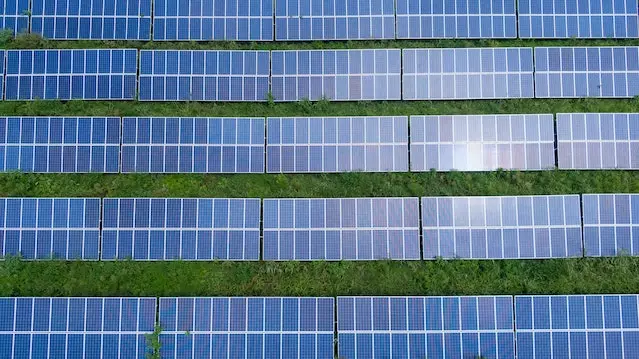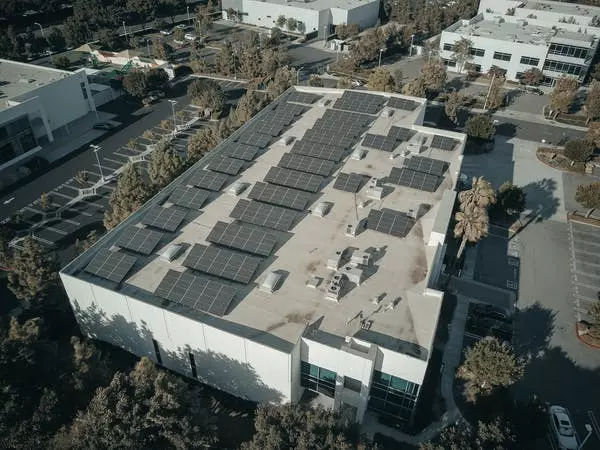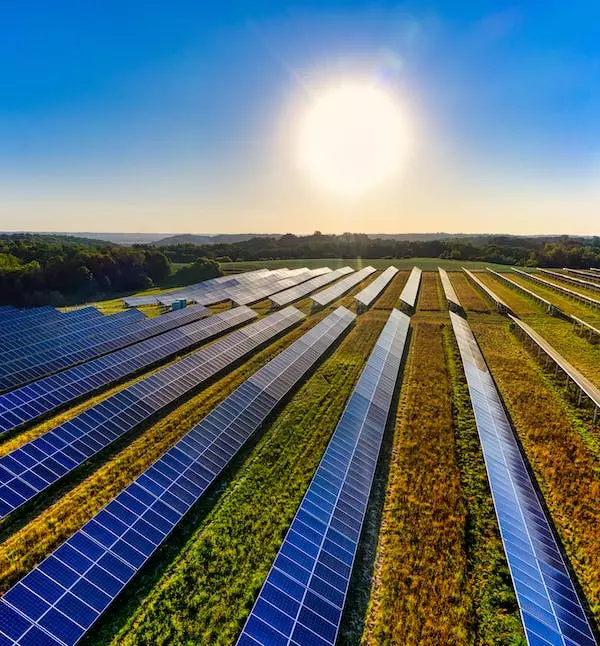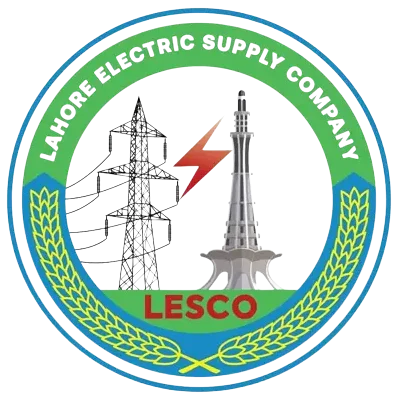Without a doubt, we are in an era when we have more machines and gadgets than humans living in a house. Our kitchen is filled with electric appliances. Our bedrooms, study rooms or game room. It’s all technology or appliances. All these are running applications and machines running on electricity. At times like these it is getting a little out of hand to manage a budget. There are many replacement or power-making methods and one of the most popular after using wind energy is solar energy.

Solar Power
Solar power is a clean and renewable energy source that is generated by converting sunlight into electricity using solar panels. Solar panels are made up of photovoltaic (PV) cells, which are semiconductor devices that convert sunlight into electricity through a process called the photovoltaic effect. When sunlight hits a PV cell, it excites the electrons in the cell and causes them to flow, generating a direct current (DC) of electricity.
How is Solar Power Generated?
Solar power systems are typically made up of solar panels, an inverter, and a battery system (for storing excess energy). The solar panels are mounted on a roof or other suitable location and are connected to the inverter, which converts the DC electricity produced by the panels into alternating current (AC) electricity, which is the type of electricity used in homes and businesses. The AC electricity is then used to power the building or is fed back into the grid.
Solar power has many benefits, including reducing reliance on fossil fuels and reducing greenhouse gas emissions. It is a clean, renewable energy source that can be used to power homes, businesses, and other buildings. Solar power is also becoming increasingly affordable, with the cost of solar panels and other solar power equipment continuing to drop over time.
The Average Household Power Consumption
The average household power consumption can vary significantly depending on a number of factors, including the size of the home, the number of people living in the home, the climate, and the appliances and electronics being used.
In the United States, the average household power consumption is about 901 kilowatt-hours (kWh) per month or about 30 kWh per day. However, this can vary widely depending on the region and the specific characteristics of the home. In areas like Asia, we have more people in one house. On average 8-9 people live on one floor of the house and that increases the electricity consumption. For example, homes in warmer climates may use more electricity for air conditioning, while homes in colder climates may use more electricity for heating.
To get a better idea of your household’s power consumption, you can check your utility bills or use a smart meter or home energy monitor to track your electricity usage. This can help you identify areas where you may be able to reduce your energy usage and save money on your electricity bills.

Necessities for Solar Power
There are several necessities for using solar power to generate electricity:
Sunlight
The location of the house and the amount of sunlight received at the point chosen for installation really is the first thing to be decided.
Solar Panels
Solar panels are made up of photovoltaic (PV) cells, which convert sunlight into electricity through a process called the photovoltaic effect. The size and number of solar panels needed will depend on the energy consumption of the home or building.
An Inverter
An inverter is used to convert the direct current (DC) electricity produced by the solar panels into alternating current (AC) electricity, which is the type of electricity used in homes and businesses.
Are EVs Better for the Environment than Gasoline Cars?
A Battery System
A battery system is used to store excess electricity generated by the solar panels for use when the sun is not shining. This is important for off-grid solar power systems, which are not connected to the electricity grid.
Mounting Equipment
Solar panels are typically mounted on a roof or other suitable location using mounting brackets or racks.
Wiring and Electrical Components
The solar panels and other components of the solar power system need to be wired together and connected to the inverter and battery system.
Permits and Approvals
Depending on your location, you may need to obtain permits and approvals from local authorities before installing a solar power system.
Can I Run My House on Solar Power Only?
It is possible to run a house entirely on solar power, but it depends on several factors, including the size of the house, the amount of sunlight the house receives, and the energy consumption of the house.
To run a house entirely on solar power, you would need to install a solar power system that is large enough to generate enough electricity to meet the energy needs of the house. The size of the solar power system required will depend on the energy consumption of the house, which can be determined by looking at your electricity bills or using a home energy monitor to track your usage.
In addition to the size of the solar power system, it is also important to consider the amount of sunlight the house receives. Solar panels are most effective at generating electricity when they are exposed to direct sunlight, so a house that receives a lot of sunlight will be able to generate more electricity with a given number of panels than a house that receives less sunlight.
Overall, it is possible to run a house entirely on solar power, but it may require a larger solar power system and may not be practical for everyone. In many cases, it may be more cost-effective to use a combination of solar power and grid-supplied electricity.

Final Word
Installing solar systems has many benefits and the one-time cost of installation may be more than expected but it is a long-term benefit investment. In general, it is more practical to use solar power as a supplement to your home’s energy needs rather than relying on it exclusively. It is a good idea to consult with a professional to determine the feasibility and cost of running your house on solar power.
Is Wind Energy the Answer? Pros and Cons of Wind Energy
FAQs
Can I run my house on solar power only?
It is possible to run your house on solar power only, but whether it is feasible for you will depend on several factors, including the size and location of your home, the amount of sunlight you receive, and your energy consumption habits. In general, homes that use less energy are more likely to be able to run on solar power only, as they will require fewer solar panels to generate enough electricity.
How much solar power do I need to run my house?
The amount of solar power you need to run your house will depend on your energy consumption habits and the size and location of your home. In general, a typical home will need at least a 5-kilowatt solar panel system to generate enough electricity to power the home. However, your specific needs will depend on your energy consumption and the amount of sunlight you receive.
How much does it cost to switch to solar power?
The cost of switching to solar power will depend on the size of your home and the amount of electricity you use. In general, a 5-kilowatt solar panel system will cost around $12,000 to $20,000, before any applicable tax credits or incentives. However, the cost of solar panels has been decreasing in recent years, and the long-term savings on your energy bills can make solar power a cost-effective option.
Are there any financial incentives for switching to solar power?
There are several financial incentives available for homeowners who switch to solar power, including federal and state tax credits, local rebates, and financing options. These incentives can help to offset the upfront cost of switching to solar power and make it more affordable for homeowners.
Will I be able to sell excess solar power back to the grid?
In some cases, homeowners who generate excess solar power may be able to sell it back to the grid through a process called net metering. Net metering allows homeowners to earn credits on their energy bill for any excess solar power they generate, which they can then use to offset their energy consumption at other times. However, net metering policies vary by state and utility, so it is important to check with your local utility to see if it is available in your area.
What are the benefits of switching to solar power?
There are several benefits to switching to solar power, including reduced energy costs, increased energy independence, and a lower environmental impact. Solar power is a renewable energy source, so it does not produce greenhouse gases or other pollutants, and it can help to reduce your carbon footprint.
What are the challenges of switching to solar power?
One of the main challenges of switching to solar power is the upfront cost of purchasing and installing solar panels. However, there are several financial incentives available to help offset this cost, and the long-term savings on your energy bills can make solar power a cost-effective option. Other challenges of switching to solar power include finding a reputable solar installation company, obtaining any necessary permits or approvals, and ensuring that your home is suitable for solar panels.
Can I switch to solar power if I rent my home?
If you rent your home, switching to solar power may be more challenging, as you will not own the property and may not have control over the installation of solar panels. However, some rental properties may offer solar panel installation as an amenity, or you may be able to install portable solar panels on your property with the permission of your landlord. Alternatively, you may be able to participate in a community solar program, which allows you to purchase or lease a share of a solar panel system and receive credits on your energy bill.
